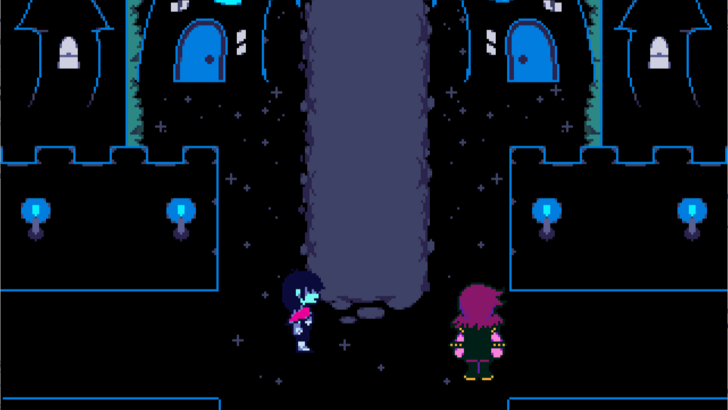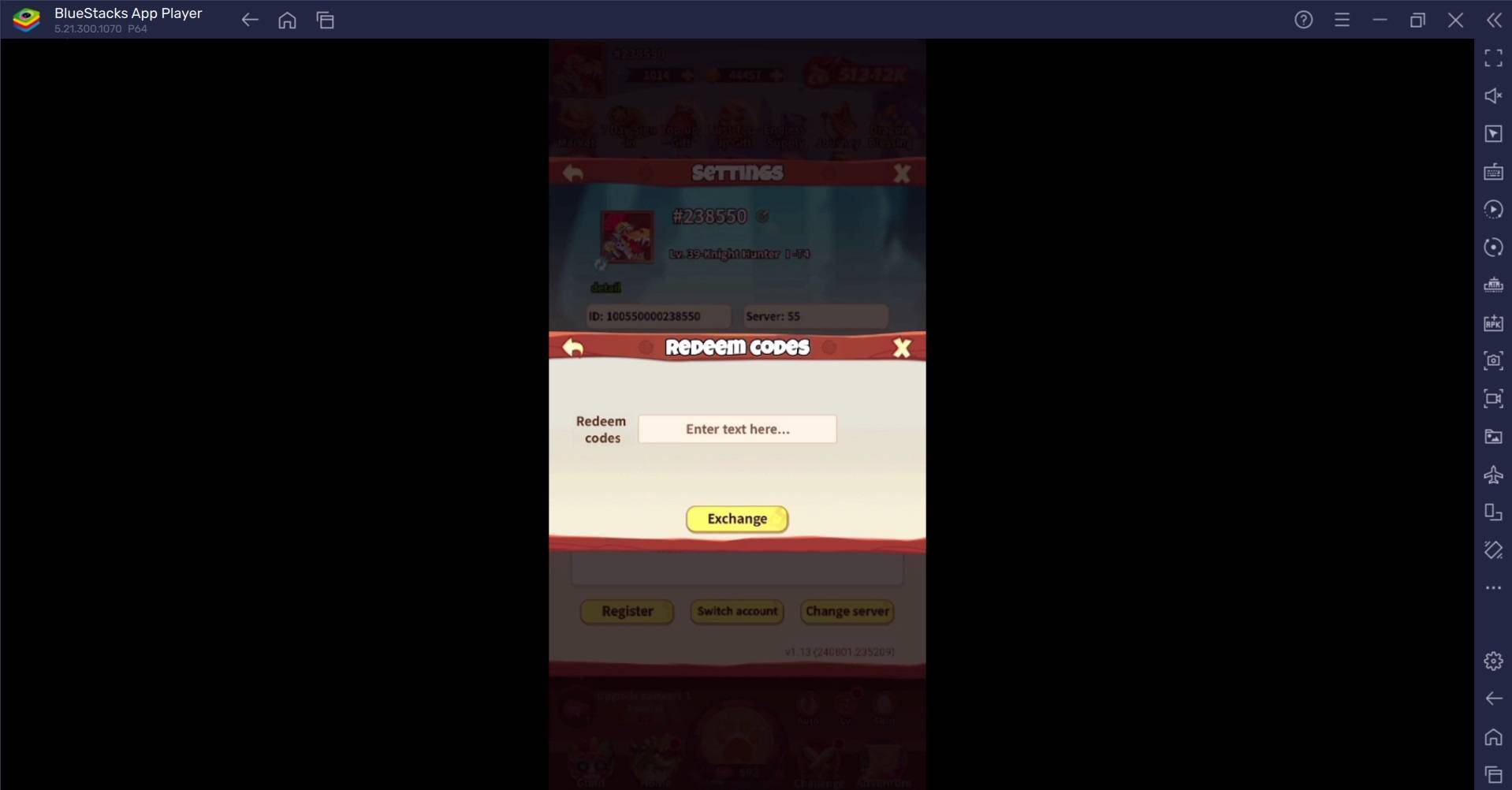EA's Origin App, introduced in 2011, was designed to offer PC gamers an alternative to Steam for purchasing and browsing EA's PC game catalog. A significant highlight was the mandatory use of Origin for the 2012 release of Mass Effect 3. Despite this, Origin never quite gained the traction EA hoped for, primarily due to its clunky user experience and cumbersome login processes. Many PC gamers actively avoided using Origin as much as possible. Nevertheless, EA persisted with the platform until recently deciding to replace it with the new EA app, which unfortunately, also faces criticism for its clunky interface.
The transition to the EA app, however, comes with significant drawbacks. For instance, if you own Titanfall on Origin but can't access your account, you're out of luck unless you formally switch to an EA account. Failure to do so means you'll lose access to the games you've paid for.
Additionally, the EA app exclusively supports 64-bit operating systems, leaving behind users on 32-bit systems. While this move aligns with industry trends, as Steam also discontinued support for 32-bit OS in early 2024, it's a reminder that very few users remain on these outdated systems. Notably, anyone who has purchased a new PC, laptop, or built a custom gaming rig within the last five years is unlikely to be using a 32-bit OS. Microsoft continued to sell 32-bit versions of Windows 10 until 2020, but Windows 11 users need not worry, as 64-bit support has been standard since Windows Vista, nearly two decades ago.
You can easily check your system's compatibility by looking at the amount of RAM it uses. A 32-bit OS can only utilize up to 4GB of RAM. If your system has more, you're likely running a 64-bit OS and have nothing to worry about. However, if you've inadvertently installed a 32-bit version of Windows, you'll need to perform a complete system wipe and reinstall a 64-bit version of the OS.
While dropping support for 32-bit systems in 2024 isn't shocking, it raises important questions about digital ownership. Losing access to a game library due to hardware changes is frustrating. Valve's Steam also dropped 32-bit support, leaving users with outdated systems without options. Moreover, the rise of invasive digital DRM solutions like Denuvo, which require deep system access or impose arbitrary installation limits, further complicates matters.
One way to safeguard a legitimately purchased digital library is to support GOG, operated by CD Projekt. Every game on GOG is DRM-free, ensuring that once you download a title, you can play it on any hardware it supports indefinitely. While this model opens up possibilities for software piracy, it hasn't deterred developers from releasing new titles on the platform. For example, the upcoming RPG, Kingdom Come: Deliverance 2, is slated to be available on GOG "coming soon."




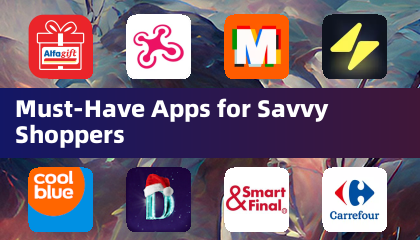
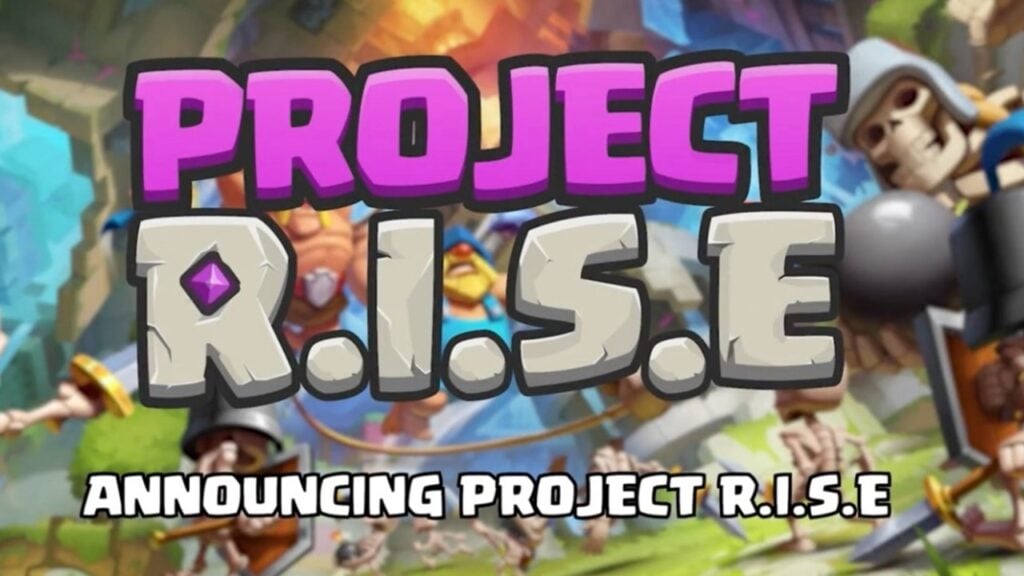
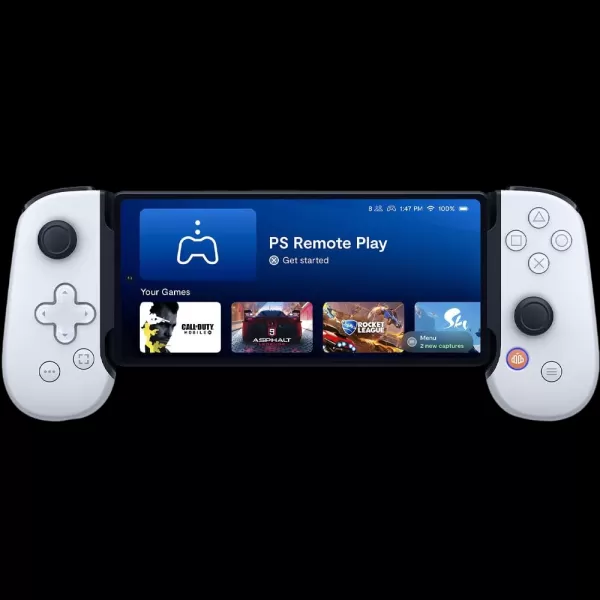
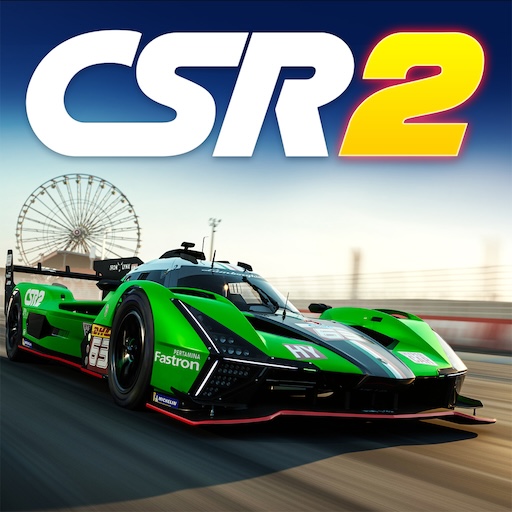
![Taffy Tales [v1.07.3a]](https://imgs.xfsxw.com/uploads/32/1719554710667e529623764.jpg)






